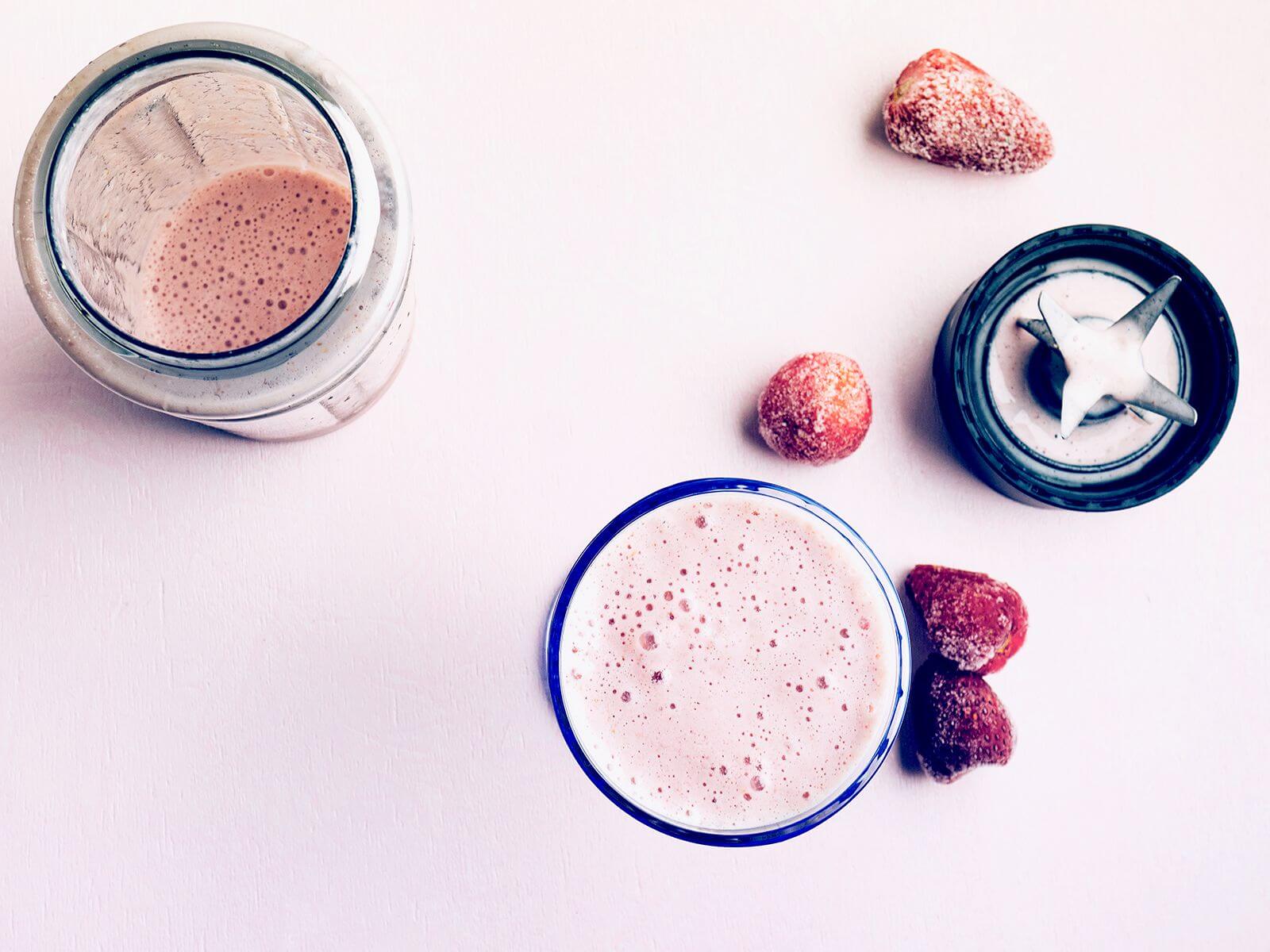Dairy protein ingestion post-resistance training further increases muscle protein synthesis but doesn’t seem to do much for connective protein synthesis. What about collagen protein, though?
Overview
What did they test? The researchers explored the effect of collagen protein on muscle connective protein synthesis and muscle protein synthesis compared to whey protein.
What did they find? Collagen protein did not augment muscle connective protein synthesis and resulted in much less muscle protein synthesis compared to whey protein.
What does it mean for you? Although collagen protein ingestion may have some potential benefits for joint pain, it won’t do much for connective tissue synthesis and is a poor protein source for muscle gains. In other words, you’re better off sticking with whey or a complete plant-based protein (if you’re plant-based).
What’s the Problem?
Ingesting protein post-resistance training has been shown to increase muscle protein synthesis, the process where muscles build new proteins and is vital for muscle growth. Previous research investigating the “optimal” amount of protein required to maximize muscle protein synthesis rates has shown that roughly around 0.4g per kilogram of bodyweight of a complete protein per meal seems to be enough to maximize muscle protein synthesis 1. In addition to muscle protein synthesis, a process that takes place following resistance training is muscle connective protein synthesis, a process responsible for creating new proteins in the intramuscular connective tissues (e.g.: fascia). Intramuscular tissues play an important role in providing support, transmitting force, and maintaining the organization of muscle fibers.
Resistance training increases intramuscular connective protein synthesis but contrary to muscle protein synthesis, protein ingestion does not augment muscle connective protein synthesis with previous studies that have explored the effect of post-workout dairy protein consumption on muscle connective protein synthesis demonstrating that even up to 40g of casein protein did not have a notable effect on connective protein synthesis rates 2.
However, given its role in supporting connective tissue health, collagen protein may be effective in increasing connective protein synthesis rates post-workout.

Collagen is a vital structural component in the human body that plays a crucial role in maintaining the strength and elasticity of various connective tissues like skin, tendons, ligaments, cartilage, etc. As we age, collagen production declines which often leads to joint pain and reduced skin elasticity with collagen supplements being quite popular when looking to support connective tissue health. However, collagen protein does not seem to be great at stimulating muscle protein synthesis, especially when compared to a complete protein like whey protein 3.







